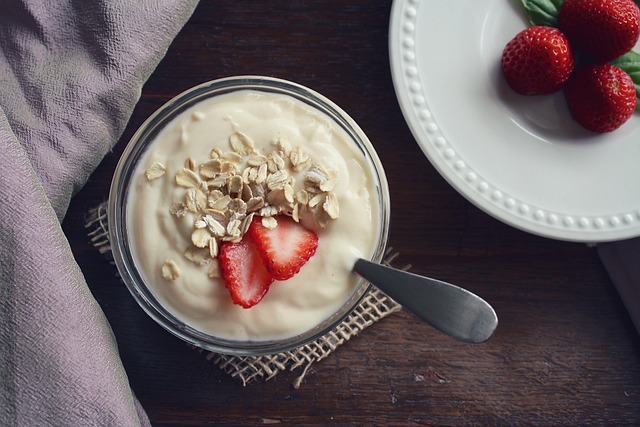Exploring the Science: How Probiotics Impact Mental Well-being
The Gut-Brain Connection
Have you ever had a “gut feeling” about something? It turns out that there is a strong connection between the gut and the brain. The gut houses trillions of bacteria, collectively known as the gut microbiota, that play a crucial role in our overall health. These bacteria help with digestion, nutrient absorption, and even impact our mood and behavior.
The Role of Probiotics
Probiotics are live microorganisms that provide health benefits when consumed in adequate amounts. They are often referred to as “good bacteria” and can be found in certain foods and supplements. Probiotics work by restoring and maintaining a healthy balance of bacteria in the gut microbiota. This balance is crucial for optimal physical and mental well-being.
Probiotics and Mental Health
Emerging research suggests that the gut microbiota can influence our mental health and well-being. Several studies have found a relationship between an imbalanced gut microbiota and conditions such as anxiety, depression, and stress. Probiotics have been shown to modulate brain activity and improve symptoms of these mental health disorders.
Anxiety
Anxiety disorders are characterized by excessive worry and fear. Studies have shown that certain strains of probiotics, such as Lactobacillus and Bifidobacterium, can reduce anxiety symptoms by producing neurotransmitters like gamma-aminobutyric acid (GABA), which has calming effects on the brain. Probiotics can also reduce inflammation and oxidative stress, which are associated with anxiety.
Depression
Depression is a common mental health disorder that affects millions of people worldwide. Research suggests that an imbalanced gut microbiota may contribute to the development of depression. Probiotics have been found to increase the production of serotonin, a neurotransmitter that regulates mood. By restoring a healthy gut microbiota, probiotics may help alleviate depressive symptoms.
Stress
Stress can have a significant impact on our mental health and overall well-being. Chronic stress is associated with increased inflammation and changes in gut permeability, leading to an imbalanced gut microbiota. Probiotics can help regulate the body’s stress response by reducing inflammation, promoting a healthy gut barrier, and influencing the production of stress hormones like cortisol.
Choosing the Right Probiotic
When it comes to choosing a probiotic, it’s important to consider the strain, dosage, and formulation. Different strains have varying effects on mental health, so it’s essential to select a probiotic that targets your specific needs. Additionally, ensuring that the probiotic contains an adequate number of live bacteria and is stored properly is crucial for its effectiveness.
Incorporating Probiotics into Your Routine
There are several ways to incorporate probiotics into your daily routine. Fermented foods like yogurt, sauerkraut, and kimchi contain natural probiotics and can be a tasty addition to your meals. Probiotic supplements are also available, offering a more convenient option for those who want to ensure they are getting an adequate dosage of probiotics.
Conclusion
The emerging field of psychobiotics, which explores the relationship between the gut microbiota and mental health, highlights the potential benefits of incorporating probiotics into our daily routines. While more research is needed to fully understand the mechanisms behind how probiotics impact mental well-being, the current evidence suggests that they can play a valuable role in supporting our overall mental health.







